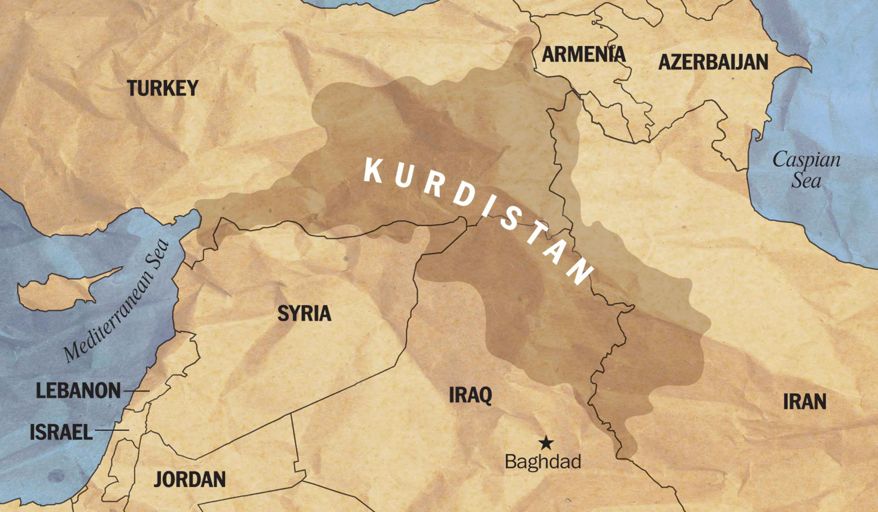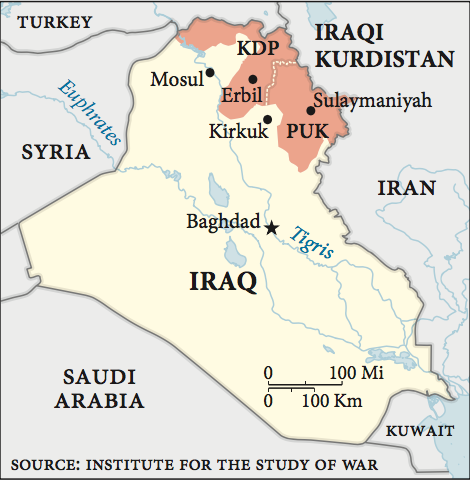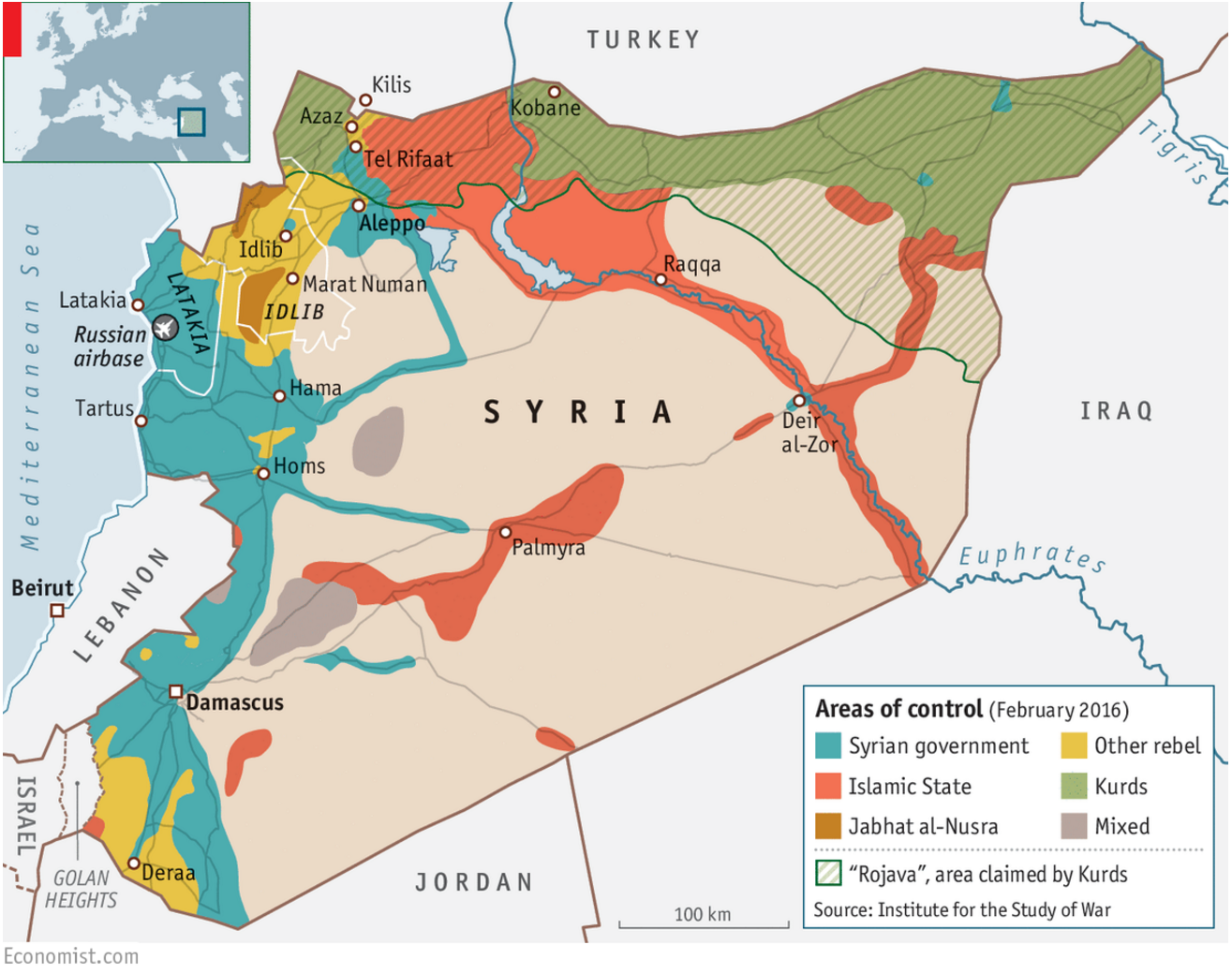
Written by Matthew Barbari
Lately, much of the West’s focus has been centered on the Syrian conflict and the rise of ISIS, sidelining the Kurdish statehood aspirations. However, U.S. officials have long considered the Kurds as one of their strongest allies, especially in the fight against the Islamic State.
The Kurds are an ethnic group mainly spread across four countries: Turkey, Iraq, Syria and Iran. In Turkey, Kurds are represented both by the Kurdistan Workers Party (PKK) and the People’s Democratic Party (HDP). While both organizations strive to end the violence between the Turkish Kurds and President Recep Tayyip Erdogan’s government, they employ different strategies to achieve that goal.
The PKK is a militant group, responsible for multiple attacks against Turkish forces and are listed as a terrorist group both by Turkey and the U.S. Contrastingly, the HDP seeks to gain Kurdish autonomy through participation in the political process and has consistently fought to disassociate itself from the violence perpetrated by the PKK.
When U.S. political candidates speak about arming the Kurds in the fight against ISIS, they often fail to distinguish between Turkish, Syrian and Iraqi Kurds. When the U.S. refers to its Kurdish allies, it is talking about the Kurdish population in northeastern Iraq.
Within Iraqi Kurdistan, the population is more or less split into two factions: the Kurdistan Democratic Party (KDP) and the Patriotic Union of Kurdistan (PUK). More recently, the Gorran, or “change,” political party has offered an alternative to the two traditional parties.

Despite the divisions that lead to a civil war (1994-97), the two groups are currently united in the fight against ISIS and in their common goal of achieving Kurdish statehood. This state, however, is not the transnational Kurdistan that the PKK hopes for, but rather, one within the border of Iraq.
In Syria, the People’s Defense Units (YPG)—the military wing of the Kurdish Democratic Union Party (PYD)—has had a streak of military victories against ISIS in past months. Turkey views the PYD as the PKK’s parent organization in Syria and is actively against the promotion of a Kurdish state in Syria for fear that it would embolden its own Kurdish minority. Indeed, the U.S. has been struggling to balance its support for the PYD in their fight against ISIS while simultaneously not angering Ankara.
American indecisiveness has opened the door for Russia. Since Turkey shot down a Russian fighter jet over the Syrian-Turkish border, Moscow has been much more inclined to support Syrian Kurds and the PYD in their attempt to create a semi-autonomous region in the north called “Rojava”. Moreover, Russia does not view either the PYD or the PKK as terrorist organizations, and therefore, has no qualms about supporting them.

The multiplicity of Kurdish national movements throughout the Middle East adds an additional layer of complexity in the fight against ISIS. The one thing that is undeniable is that the struggle of the Kurds is no longer one that can go on being ignored by the international community.